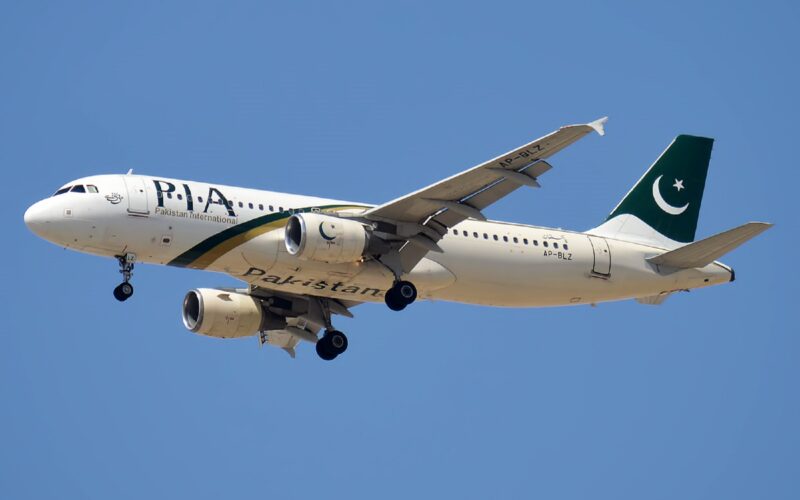Privatization of Pakistan International Airlines (PIA) Imminent, Government Confirms

The Pakistani government has officially stated its intentions to privatize Pakistan International Airlines (PIA), the state-owned airline facing financial challenges. An announcement made on August 7, 2023, revealed that the Cabinet Committee on Privatization (CCoP) convened to discuss PIA’s inclusion in the country’s privatization program. Notable attendees at the meeting, including Federal Minister for Finance and Revenue Senator Mohammad Ishaq Dar, contemplated the proposal to involve PIA in the privatization initiative.
Following careful deliberation, the CCoP reached a decision to add Pakistan International Airlines Co. Ltd (PIACL) to the roster of active projects within the ongoing privatization program. This move followed a crucial amendment to the law by the Parliament, as detailed in the official statement.
Furthermore, the CCop granted approval to search for a financial advisor to oversee the transaction related to the Roosevelt Hotel in New York, an asset owned by PIA Investment Limited (PIA-IL).
PIA faced a setback in July 2020 when the European Union Air Safety Agency (EASA) suspended the airline’s license for operating flights to European destinations. This suspension came in the wake of a pilot license scandal, in which Pakistan’s Civil Aviation Authority raised suspicions of cheating during mandatory pilot exams by some Pakistani pilots.
According to statements attributed to Aviation Minister Khawaja Saad Rafique in July 2023, there is optimism that flights to the United Kingdom (UK) could resume within the upcoming months. Rafique expressed hopes for a phased resumption, with PIA flights potentially restarting to the UK within three months, followed by a gradual reintroduction of flights to Europe and America.
In June 2023, Pakistan successfully secured a $3 billion bailout package from the International Monetary Fund (IMF), which aimed to address the country’s economic challenges.
